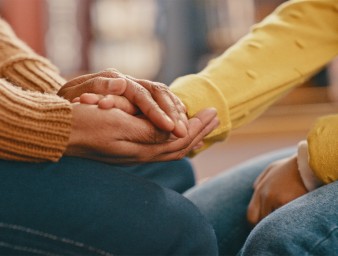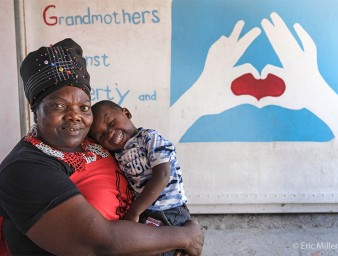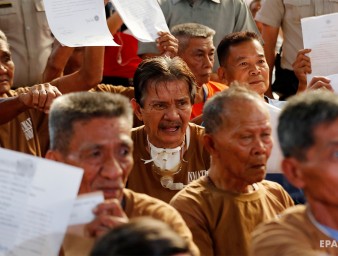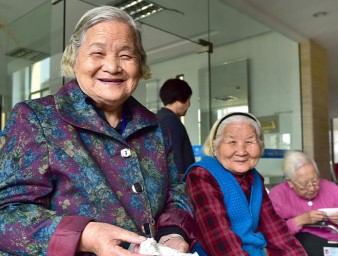UN Human Rights Chief offers her support for a new Convention on the rights of older persons
08 April 2014
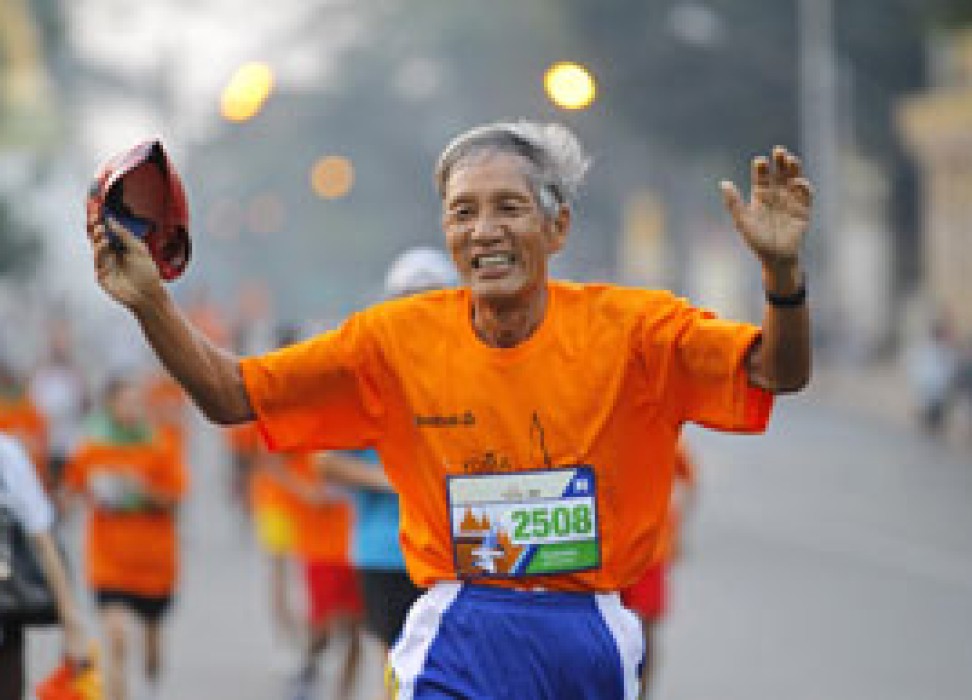
The statistics are compelling: around 700 million people are now older than 60, comprising about ten percent of the world’s population. By 2050, for the first time in human history there will be more people over 60 years of age globally, than there are children.
Opening the 2014 Social Forum, Human Rights Chief, Navi Pillay welcomed its focus on the human rights of older people as timely, appropriate and challenging, given that as a group they have been largely neglected until very recently.
The human rights of older persons have depended upon an international legal regime that is fragmented, uneven and incomplete, she added, in contrast with the success of dedicated international protection regimes for specific groups, including women, children, and persons with disabilities.
“We have found that articulation of dedicated instruments laying [out] the specific rights of certain groups can be of invaluable assistance in focusing world attention – and action – on key groups at risk”, Pillay noted.
There must be a particular focus on ageism and age discrimination, the High Commissioner said, expressing concern that the older persons risk being stereotyped as non-productive and irrelevant. Participation, too, is a fundamental right forthis group, she said, along with access to an adequate standard of living, employment and health care.
The High Commissioner also addressed the widespread but largely hidden problem of abuse, where older women in particular, often suffer neglect and violations, both physical and psychological.
A number of reports in recent years have detailed the abuses suffered by older persons and highlighted the policy gaps regarding their needs.
A 2011 report to the UN General Assembly described an inconsistent global response to protecting the human rights of older persons. Efforts on their behalf are scattered and insufficient, it concluded, and several areas were identified which require special attention, including: a dedicated international protection regime for older persons; explicitly prohibiting age-based discrimination age; ensuring participation in policy making and political life; legislating to prevent discrimination in the work-place and extending social protection; ensuring appropriate health care and services for older persons; improving access to and the standard of long-term care; addressing violence against older people, especially women ; and preventing the financial exploitation of older persons.
These conclusions were supported by participants at a Human Rights Council consultation in 2013 who found that a number of human rights issues particularly relevant to older persons have “not been given sufficient attention either in the wording of existing human rights instruments or in the practice of human rights bodies and mechanisms”.
However, some progress is to be noted. The President of the Human Rights Council, Baudelaire Ndong, in his address to the Forum, drew attention to the creation of the open-ended Working Group on the rights of older persons, the recent inclusion of the rights of older persons in the agenda of the Human Rights Council and the creation and imminent appointment of an Independent Expert on the enjoyment of all human rights by older persons.
The open ended Working Group, established by the UN General Assembly, is seeking consensus on a new international instrument specifically dedicated to the promotion and protection of the rights and dignity of older persons. Agreement is some way off. Some States favor the proposal for a new Convention; others are proposing that the challenges presented by the demographic shift are best addressed through a more effective implementation of existing mechanisms.
The Social Forum is an annual event established by the Human Rights Council to enable an ongoing dialogue between the United Nations and a range of actors, including civil society and grass roots organisations.
Many of the participants at the 2014 Forum echoed the High Commissioner’s views stressing the importance of a dedicated human rights instrument to clarify the human rights of older persons and strengthen accountability on the part of governments.
8 April 2014

